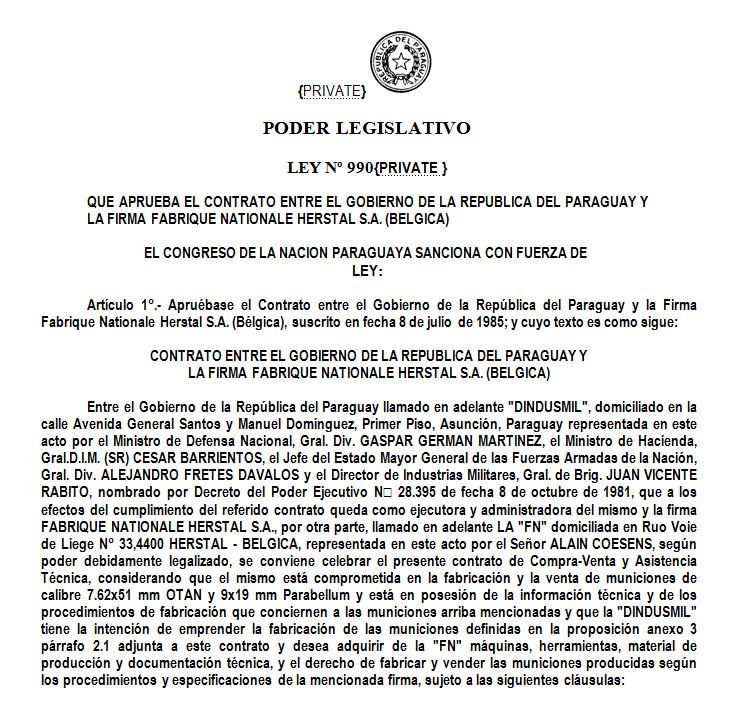American Indian, also called Indian, Native American, indigenous American, aboriginal American, Amerindian, or Amerind, member of any of the aboriginal peoples of the Western Hemisphere.
History of Latin America: History of Latin America, the history of the region from the pre-Columbian period to the 20th century.

General Overviews. There are a limited number of texts that provide an overview of human rights in the region. Donnelly 2012 is the fourth edition of the most thorough introductory textbook on human rights available.
Latin America is a group of countries and dependencies in the Western Hemisphere where Spanish, French and Portuguese are spoken; it is broader than the terms Ibero-America or Hispanic America.

Indigenous definition, originating in and characteristic of a particular region or country; native (often followed by to): the plants indigenous to Canada; the indigenous peoples of southern Africa.

Introduction. Since gaining their independence at the beginning of the 19th century, the Latin American states have tried to establish democratic regimes.
When coupled with economic development, there exists in Latin America a crescent beginning in the West in Chile and arcing southeastwards through Argentina and Uruguay, and then back north again into Brazil.
.jpg)
Since the Spanish conquest of the Aztec Empire, Mexican art has been an ongoing and complex interaction between the traditions of Europe and native perspectives.. Church construction After the conquest, Spaniards’ first efforts were directed at evangelization and the related task of building churches, which needed indigenous labor for basic
Indigenous Canada is a Massive Open Online Course (MOOC) that explores Indigenous histories and contemporary issues in Canada. From an Indigenous perspective, this course explores key issues facing Indigenous peoples today from a historical and critical perspective highlighting national and local Indigenous-settler …

Pope Francis spoke about the problems facing the poor and indigenous peoples at the Second World Meeting of the Popular Movements in Bolivia.
.jpg)


